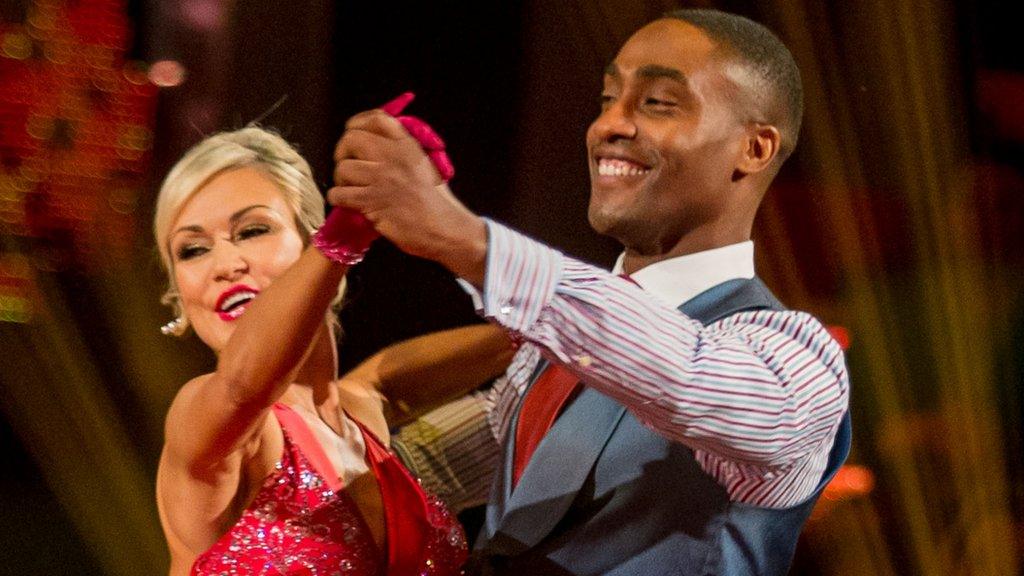Sir Bruce Forsyth: 'I'd cut BBC Three and Four'
- Published
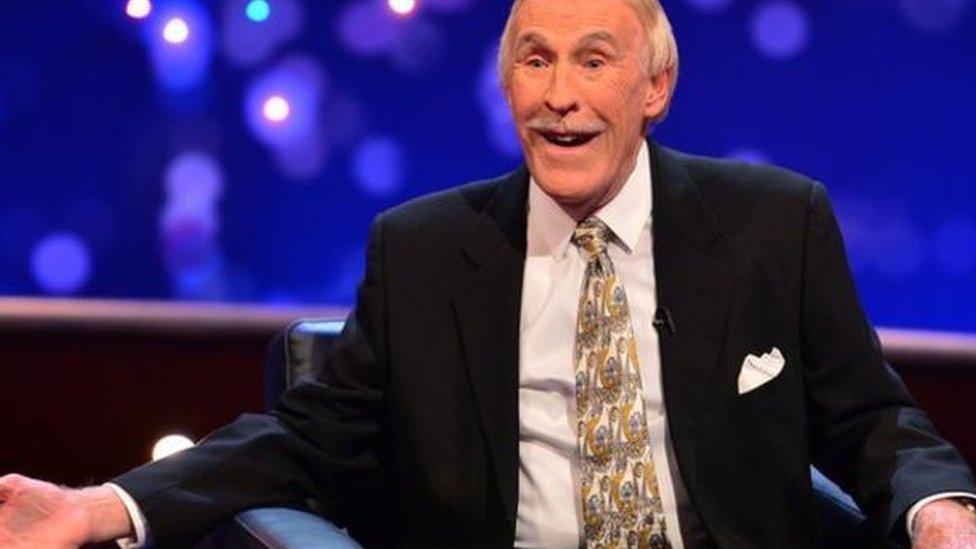
Sir Bruce Forsyth told the audience at the Radio Times Festival that the BBC's 'worldwide appeal' should be valued
Sir Bruce Forsyth says he would cut BBC Three and Four if he were in charge of the BBC at a time of financial strain.
The broadcaster said the BBC should "be with us forever" but that it was in danger from "having to spread too much money out over four channels".
His comments follow the BBC's recent absorption of cost of the TV licence for over-75s and the BBC World Service.
A government green paper is also demanding a full review of BBC finances and services ahead of charter renewal.
Speaking at the Radio Times Festival at Hampton Court on Sunday, Sir Bruce told the audience we should value the corporation's "worldwide appeal".
He also had praise for the BBC's news coverage, but said: "Do without three and four, and concentrate on channels one and two. That's what I'd do if I were Director General."
Also speaking about the BBC at the festival was comedian and writer Barry Cryer.
He said the corporation was "under siege" and needed to be preserved.
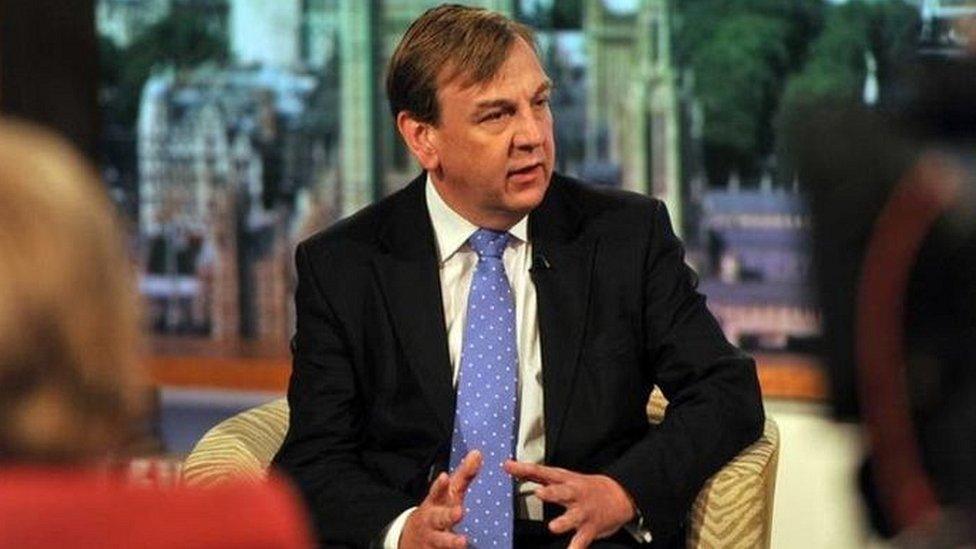
Culture secretary John Whittingdale wants a full review of the BBC
Cryer, a regular panellist on Radio 4's I'm Sorry I Haven't A Clue, talked about the government's review, the future of the licence fee and the BBC's range of services.
He said that while he thought a lot of the corporation's problems were "self-inflicted" he added "if it's at the mercy of the politicians, God help us.
"We've got to hold on to it because it's public service broadcasting.
"I'm an idealist, we need to preserve it."
The government green paper and consultation into the future of the BBC was published in July by the culture secretary John Whittingdale.
It demands full scrutiny of the corporation's services and funding ahead of the renewal of its public service broadcasting charter in 2016.
The green paper came a week after the BBC agreed to take on the cost of free TV licences for the over 75s, a policy which could cost it up to £650m.
In 2014 it also took on the full cost of running the World Service, which was previously part-funded by the Foreign Office.
The green paper focuses on key themes, including governance and impartiality.
The culture secretary also wants to look at whether the BBC should do away with "highly commercial" entertainment shows like The Voice.
An examination of other funding models, including a household tax, subscription and a means-tested licence fee are to be considered.
And the size and scope of the BBC's website will also be under scrutiny.
- Published14 April 2014
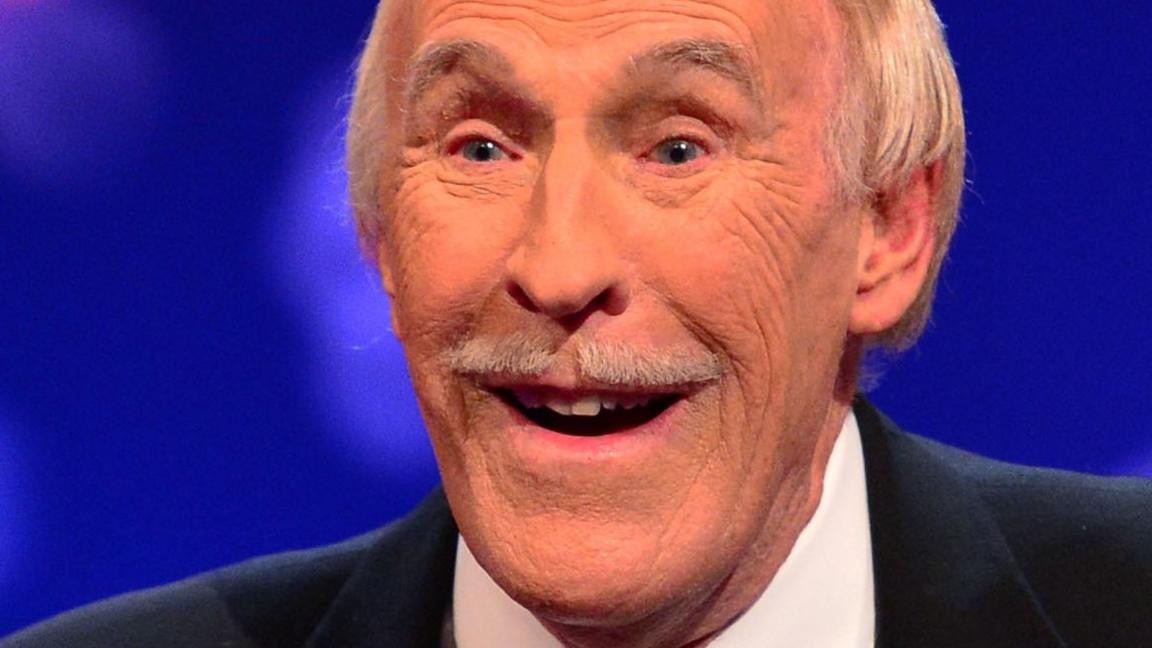
- Published12 July 2015
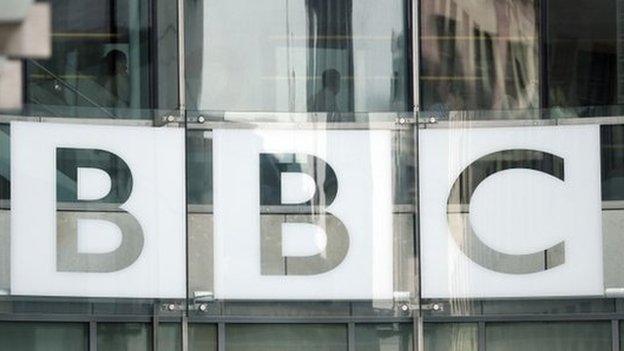
- Published19 July 2015
